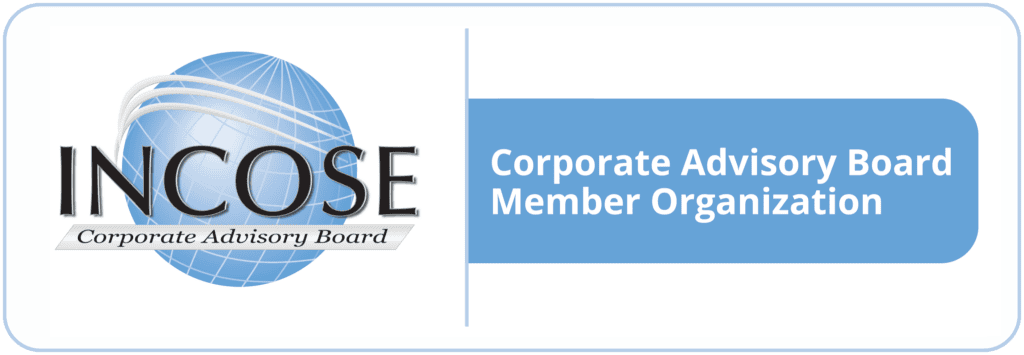Home » Training » Requirements & Specifications Training Courses » Introduction to Requirements Analysis
Introduction to Requirements Analysis
Learn via this 1-day short course about highly effective tools for both the capture and validation of requirements.
- 1 Day
- Corporate Delivery (In-person or online)
- Certificate upon completion
- Professional Development Credits
Get Started Today
Register your interest now.
Let's Talk
Whether you have a question or are looking to find out more about our training options then please get in touch with us below.
- Summary
- Course Overview
- Course Outline
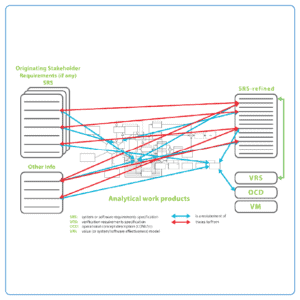 Requirements analysis is a discipline practiced by many, mastered by surprisingly few. And yet, the payoff from achieving excellence in this area is huge.
Requirements analysis is a discipline practiced by many, mastered by surprisingly few. And yet, the payoff from achieving excellence in this area is huge.
This short Requirements Analysis course addresses highly effective tools for both the capture of requirements, and for validation of those requirements, in any scenario involving the receipt of requirements from one or more stakeholders who have a need. Effectiveness of the techniques, collectively comprising a complete methodology, is independent of the domain of application, and independent of the specifics of the need. The techniques which are taught have been used with great success in many different requirements scenarios. The course is applicable in the business models of entrepreneurial product development, development for internal customers, and customer-contractor.
- This course may be credited toward the maintenance of the INCOSE Certified Systems Engineering Professional (CSEP) certification for 8 Professional Development Units and PDUs may be claimed for PMI’s family of certifications, including PMP
- This course qualifies for Engineers Australia and Engineering New Zealand (IPENZ) CPD purposes (8 hours)
- This course may qualify for CPD, CLP and similar purposes with other organizations (8 instructor hours)
- This course may be credited toward the maintenance of the Project Management Institute (PMI) certifications. Suggested PMI Talent Triangle® PDU allocation:
- Ways of Working – 8
Let’s Talk
Whether you have a question or are looking to find out more about our training options then please get in touch with us below.
Key Learning Objectives
At the conclusion of this course, participants are expected to:
- have a familiarity with “THE REQUIREMENTS PROBLEM”
- be aware of the existence of effective and efficient methods of addressing that problem
- understand the general concepts of an effective approach.
Participants are not expected to have substantial skills in performing requirements analysis.
Training Method and Materials
A workshop approach is combined with presentation segments to lead participants through a complete requirements analysis for a single physical system.
Participants will be provided with:
- a set of bound course notes covering the presentation material and workshop exercises
- a Workshop Workbook
- other materials and checklists for future reference and use
- complimentary access to PPI’s evolving Systems Engineering Goldmine
Do you Offer Tailoring of this Course?
Yes. All courses are tailored informally verbally in delivery by selecting, where possible, examples matched to the domains of interest to the class. We can also work with you to design a formally customized curriculum for the development of your people. We have done so for many client companies, and we would love to work with you to this end. We always suggest that a client takes the corresponding standard course prior to any customization. For systems engineering, this is because systems engineering is the problem-independent and solution technology-independent principles and supporting methods for the engineering of systems, based on systems thinking. So the objectives of customization need to be very clear and focused on adding further value. In practice, customization, if performed, usually becomes the replacement of examples and possibly the main workshop system with domain-specific equivalents. Substitution of the workshop system usually involves substantial redevelopment of courseware. Out of necessity, formal tailoring of courseware is performed on a fee basis.
0. Why Emphasize Requirements
- lessons from projects
1. Requirements Within the System Life Cycle
- defining the problem domain
- the origin of requirements
2. Terminology
- requirements, needs, measures of effectiveness, goals, expectations, constraints
3. Types of Requirements
- eight basic types and their significance
- differences for software
- differences for services
4. The Quality of Requirements
- requirements quality attributes
- correctness
- completeness
- consistency
- clarity
- non-ambiguity
- traceability
- testability
- feasibility
- freedom from process
- functional orientation
5. Requirements Analysis Methodology
- context analysis
- workshop – context analysis
- design requirements analysis
- workshop – design requirements analysis
- states & modes analysis
- requirements parsing analysis
- requirements quality metrics
- workshop – parsing analysis
- functional analysis
- workshop – functional analysis
- measuring requirements quality
- rest of scenario analysis
- ERA analysis
- out-of-range analysis
- stakeholder value analysis
- operational concept description
- clean-up
6. Management of Requirements Analysis
- managing resolution of requirements issues
7. Bibliography and Action Plan
Featured Course Reviews

Great material and the knowledge of the presenter. The course provided very valuable information that will be put to use immediately.
Anthony

I learned a great deal about my co-workers by observing their reactions to the course material – an invaluable part of the course for me. I will also benefit from the templates and other example/reference material. Being able to use these tools or standard templates will also be highly beneficial.
Jane

Good structure in the course, supplemented by professional course material, presented by a presenter who knew what he was talking about.
Luke

Great material and the knowledge of the presenter. The course provided very valuable information that will be put to use immediately.
Kate
More Courses For You
Introduction to Requirements Analysis 1-Day
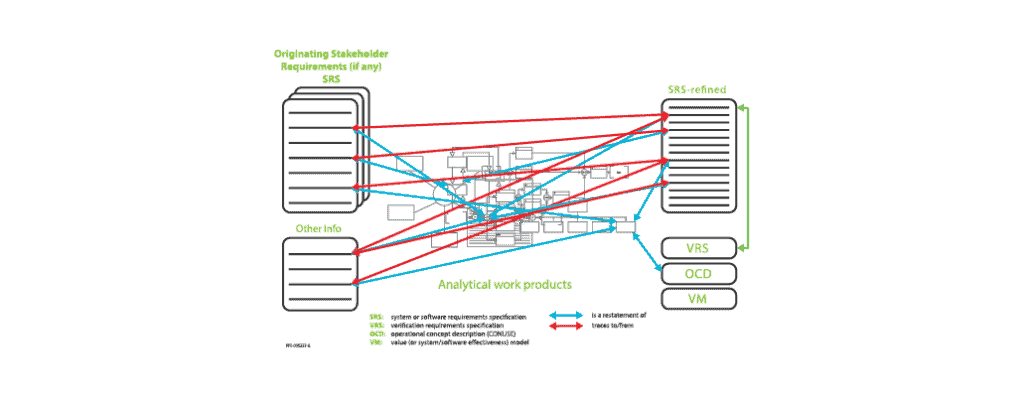
Effectively capture requirements
Preparing Great Requirements Specifications 1-Day
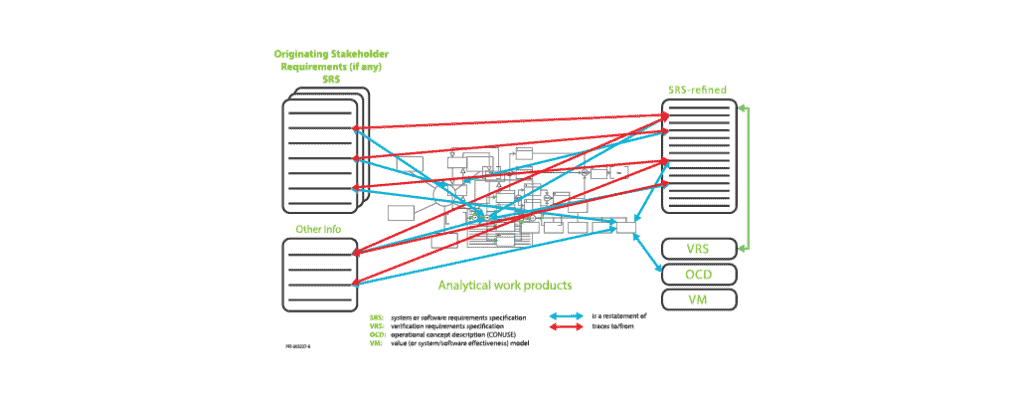
Learn structure & language
Requirements Analysis & Specification Writing 5-Day
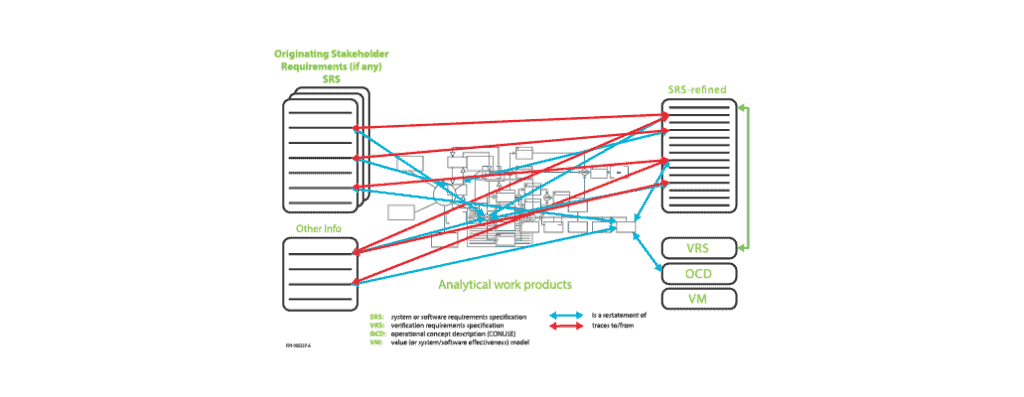
Avoid developing the wrong thing
Requirements Analysis 3-Day
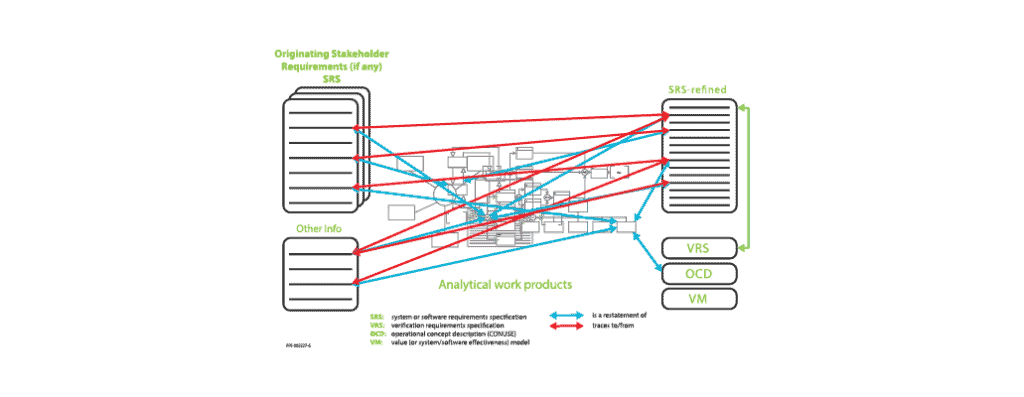
Effectively capture requirements
Requirements Analysis and Specification Writing Fundamentals 3-Day
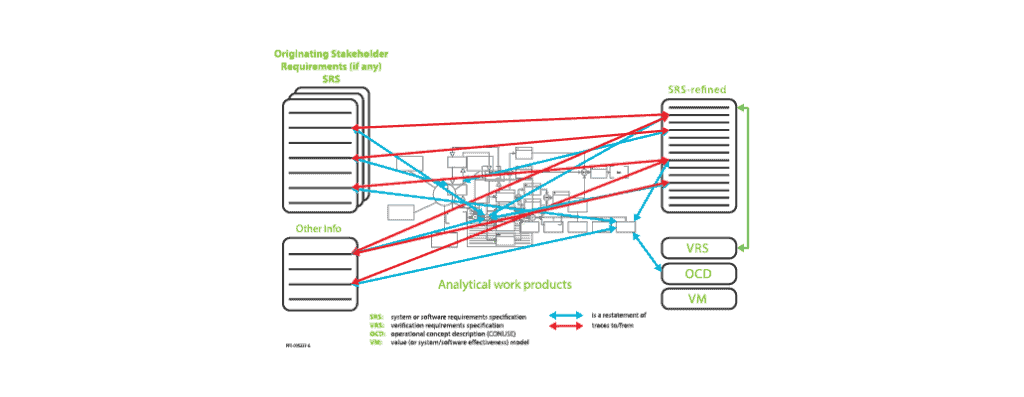
Capture, validate & specify
Requirements Engineering (English Second Language) 4-Day
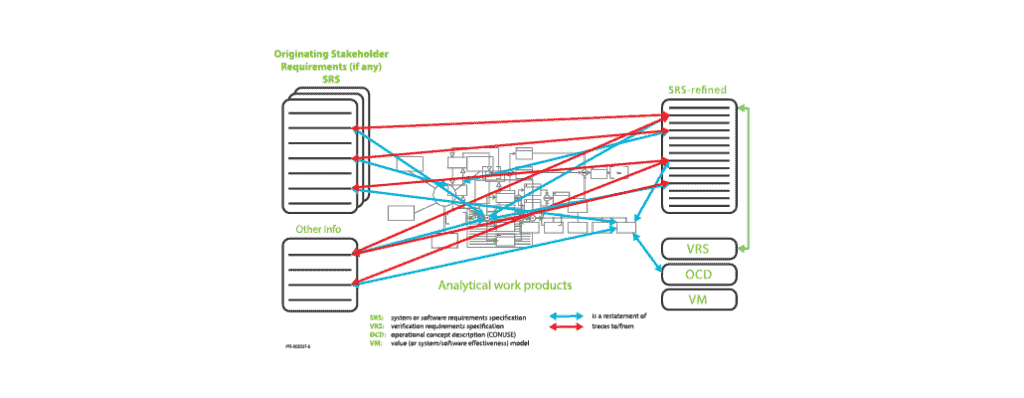
Avoid requirements problems
Requirements, OCD & CONOPS in Military Capability Development 5-Day

Develop capability successfully
Specification Writing 2-Day

Prepare great specifications
